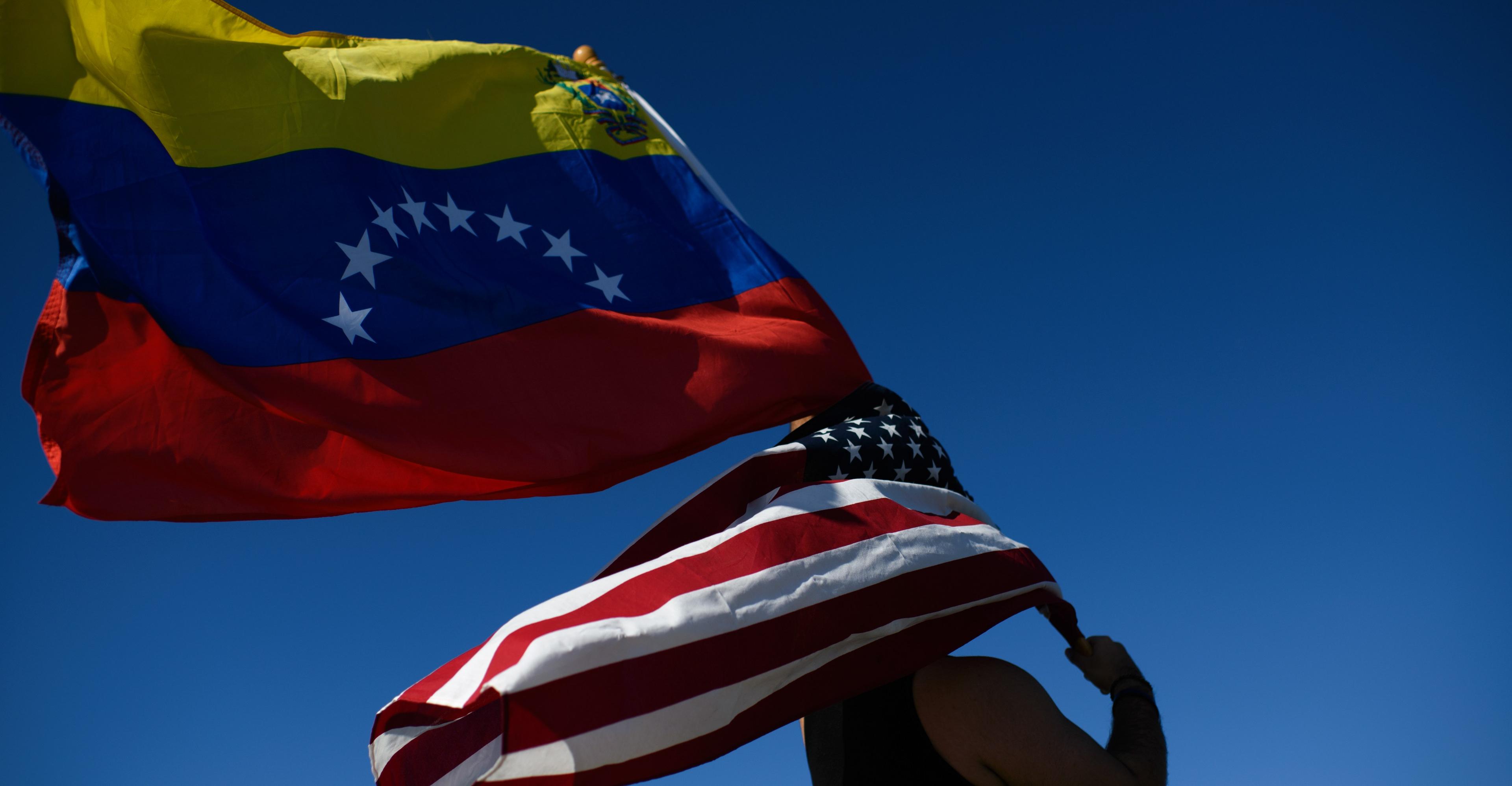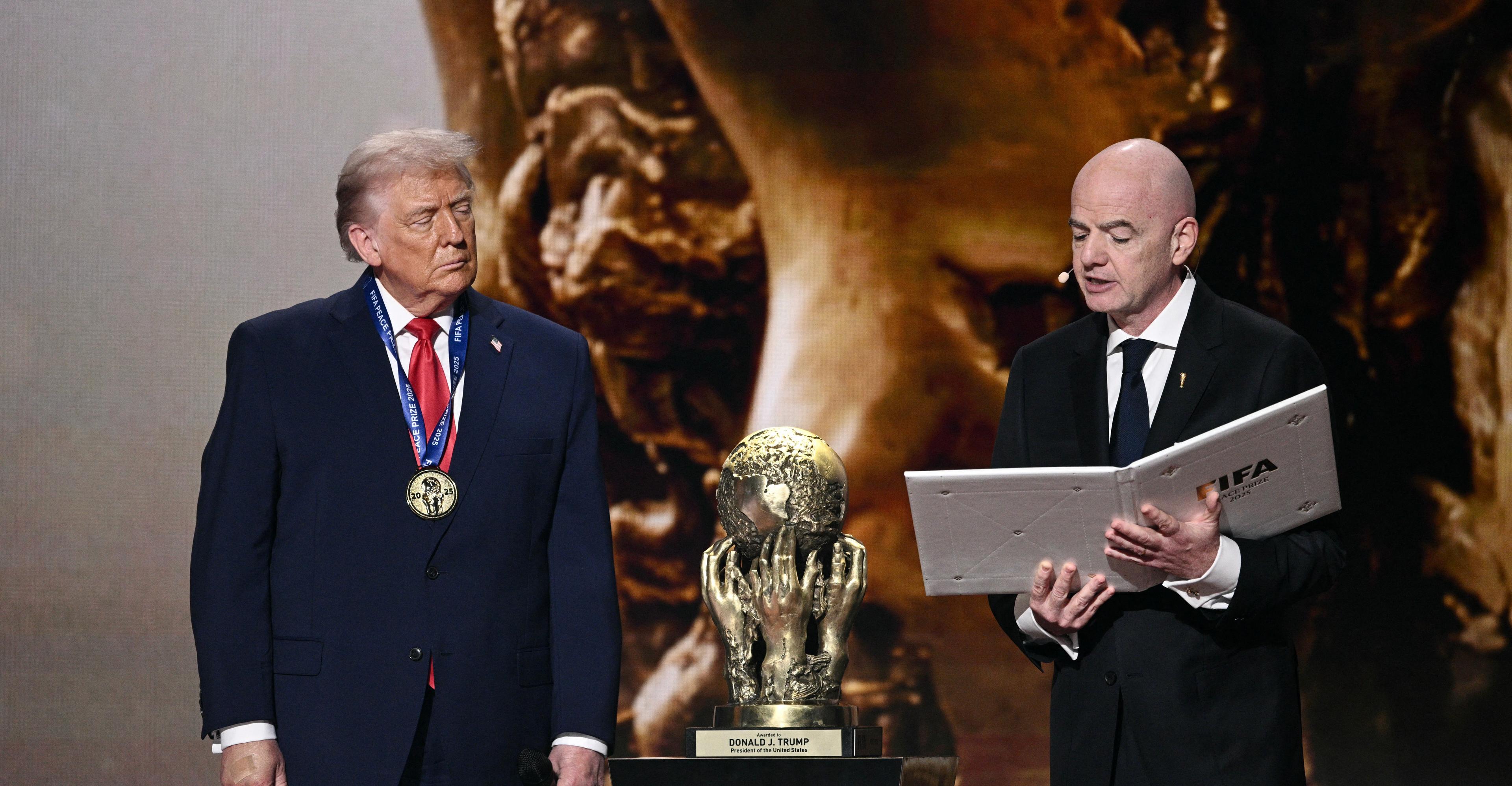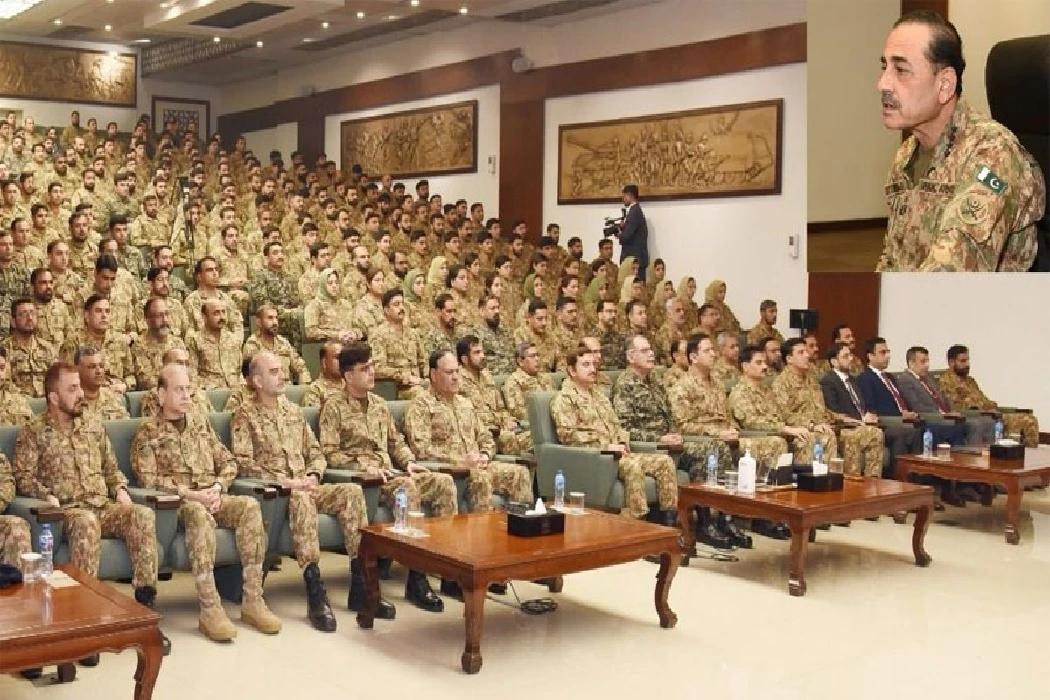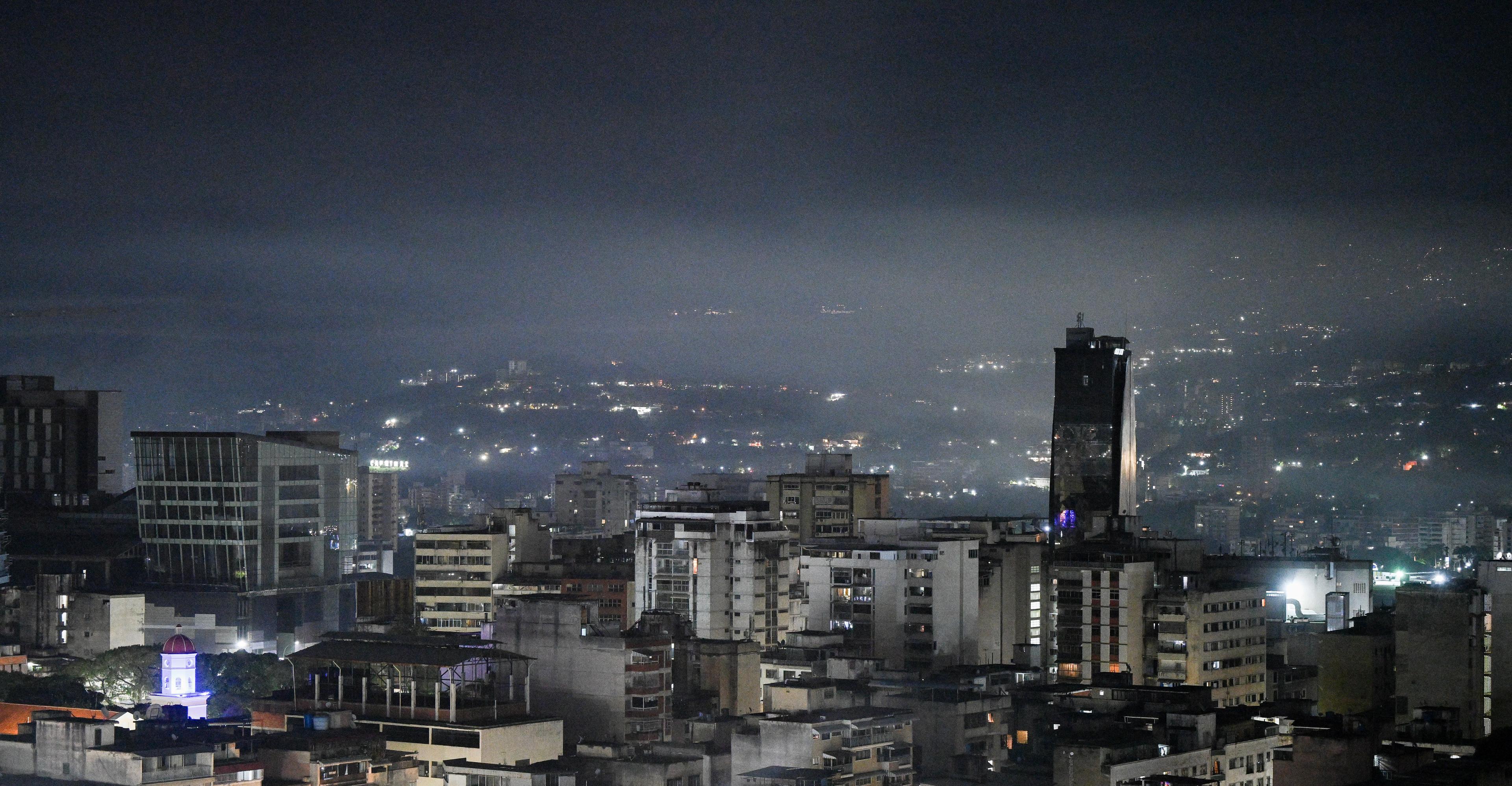The US government has reached a plea agreement with three defendants accused of planning the September 11 , 2001 terror attacks, including Khalid Shaikh Mohammed, the alleged mastermind. It’s the most significant development in the 9/11 case in years — one th…

Published a year ago on Aug 3rd 2024, 12:00 pm
By Web Desk

The US government has reached a plea agreement with three defendants accused of planning the September 11 , 2001 terror attacks, including Khalid Shaikh Mohammed, the alleged mastermind. It’s the most significant development in the 9/11 case in years — one that may finally bring a sense of closure to some survivors and families of 9/11 victims, but that also highlights the broken legal system at Guantanamo Bay. Though the Department of Defense has not yet released the details of the agreement — and the defendants have not formally entered into it — Mohammed, Walid bin Attash, and Mustafa al-Hawsawi will reportedly plead guilty to war crimes in exchange for life in prison. Previously, they faced the possibility of a death sentence if found guilty. The plea agreement means that there will be no trial for the three at the prison’s notoriously slow military commissions, a justice system set up solely to try defendants at Guantanamo that’s been fraught with delays and complications. It also means that, almost 23 years after the attacks, these cases will be resolved, though what will happen to the prison where 30 men are still held, even though most are cleared to be released, remains to be seen. Who are Khalid Shaikh Mohammed, Walid bin Attash, and Mustafa al-Hawsawi? The three men are some of Guantanamo’s most notorious detainees. Mohammed, also called KSM or Mukhtar, has been called the architect of 9/11 and claimed responsibility for its planning “from A to Z.” He is a 59- or 60-year-old member of the Baloch ethnic group and a Pakistani citizen. He allegedly traveled to Afghanistan and joined al-Qaeda, the terror group responsible for the attacks, sometime after he graduated from a North Carolina college in 1986. Mohammed is alleged to have proposed the plan to fly planes into the World Trade Center to former al-Qaeda leader Osama bin Laden in 1996 and formally joined the group in 1998 or 1999. He’s also alleged to have trained some of the 19 hijackers. He was captured in Pakistan in 2003 before being held in CIA black sites in multiple countries for three years. There, he was subject to torture including waterboarding, forced nudity, and sleep deprivation, as the New York Times’s Carol Rosenberg wrote earlier this year. The extensive torture Mohammed endured — he was waterboarded 183 times — made a fair trial impossible. In the US legal system, evidence produced under torture is inadmissible in court; that is not the case in the military commissions, though some judges there have adhered to US norms in rejecting evidence or cases obtained via torture. (That was one of the issues seen as complicating commission trials.) Bin Attash, also known as Khallad, is a Yemeni citizen. According to Rosenberg, he left for Afghanistan at age 14 to partake in a civil war against the US-backed Northern Alliance. He is accused of training two of the hijackers, as well as doing research to coordinate flight times, and testing flight security by smuggling a knife on flights. The DoD also claimed he was bin Laden’s close associate and bodyguard (though he is missing part of a leg due to an injury in Afghanistan), and that he participated in the planning and execution of other attacks including one on the USS Cole. According to bin Attash’s own testimony, he was also extensively tortured over nearly three and a half years at CIA black sites. Mustafa al Hawsawi, also called Hashim ‘Abd al-Rahman, Zahir, Ayyub, and Muhammad Adnan, is the third man in the plea agreement. He is a Saudi citizen accused of conspiracy for financing some of the hijackers and helping with logistics. He was captured in Pakistan in 2003, and held at the black site the CIA operated at Guantanamo until 2004, when the site was forced to close. He was held in other black sites, where he was also tortured. Two other men, Ammar al-Baluchi (Mohammed’s nephew) and Ramzi bin al-Shibh, were also part of the capital case, but are not part of the plea agreement. The agreement closes a chapter in Guantanamo’s history Both former President Barack Obama and current President Joe Biden pledged to close the prison at Guantanamo Bay, which is notorious because the George W. Bush administration skirted international law both in opening it and in the treatment of prisoners there. Its continued operation, 23 years after the war on terror began, is in contradiction of international laws and norms that the US claims to uphold, like those against torture and wrongful detention. That contradiction has been repeatedly on view during legal proceedings held there: “Every time the military commissions have to address a factual or legal issue, the United States government prioritizes covering up the torture and abuse of the detainees over getting to the truth, or ensuring justice and accountability for what happened on 9/11,” J. Wells Dixon, senior staff attorney at the Center for Constitutional Rights, told Vox in an interview. The sentencing agreement will likely give the detainees the opportunity to speak, Dixon said — including about their roles in the attacks and the torture they endured— and will give victims’ families the opportunity to ask questions of the defendants. A date for the sentencing hearing has not yet been made public. But agreement for the alleged plotters is just one part of the story. The other part is the effect it has had on survivors and the families of victims — some of whom are frustrated with the outcome and others who are relieved the process is nearly over. “I feel like I am more aware of the fact that there will never be closure,” Leila Murphy, whose father was killed in the attacks when she was a young child and who is part of the advocacy group 9/11 Families for Peaceful Tomorrows, said in an interview. “But in a certain way, it’s like a closure on a chapter. This [trial] has just been dragging on for so long.”

What actually is the “Donroe Doctrine”?
- 17 hours ago

Field Marshal meets Bangladesh air chief, reaffirms commitment to strengthen defense relations
- 5 hours ago

PM announces to launch major development projects in Balochistan
- 5 hours ago

Nvidia’s GeForce Now is getting native Linux and Fire TV apps
- 19 hours ago

How Trump brought the World Cup to America
- 17 hours ago

Is this the folding iPhone’s creaseless display?
- 19 hours ago

Armed Forces remain steadfast in safeguarding country’s sovereignty: Field Marshal
- 8 hours ago

Quetta: Prime Minister arrives at Governor House, briefed on provincial affairs and development projects
- 7 hours ago

This free feature helps make stolen Bosch e-bikes unsellable
- 19 hours ago

8BitDo’s new wireless Xbox controller has swappable ABXY button switches
- 10 hours ago
Green Shirts beat Sri Lanka by six wickets in first T20I
- a day ago

Air chief visits Saudi Arabia, pledges to strengthen defense cooperation
- 7 hours ago
You May Like
Trending









